The U.S. Supreme Court today declined to hear the University of Wisconsin's appeal in its patent fight with Apple, according to Reuters.
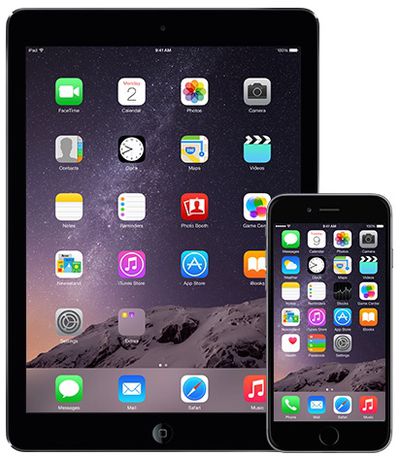
In July 2017, a U.S. district court ordered Apple to pay $506 million to the University of Wisconsin's Alumni Research Foundation for infringing on a patent related to computer processing technology with its A7, A8, and A8X chips.
In September 2018, however, the U.S. Federal Circuit Court of Appeals threw out the damages that Apple had been ordered to pay, ruling that no reasonable juror could have been able to find infringement based on the evidence that was presented in the liability phase of the original 2015 trial.
The decision comes on the first day of the U.S. Supreme Court's 2019 term.




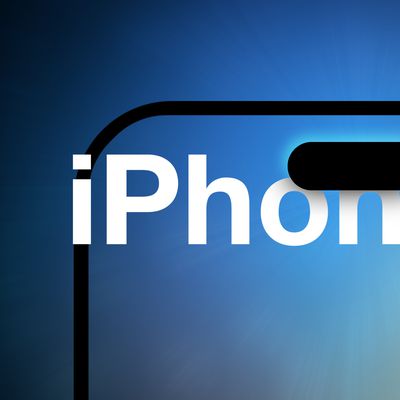

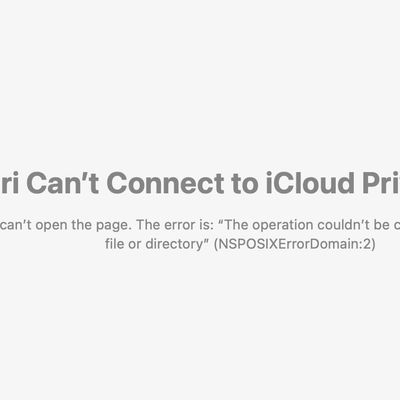
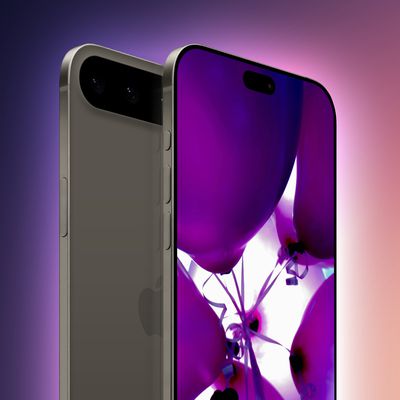








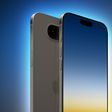

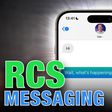
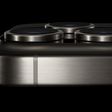

Top Rated Comments
Looking at the claims ,which are directed at load/store scheduling, seems to me possible that some ARM chips could infringe and others not. Seems like the scheduling microarchitecture isn't automatically determined by the instruction set architecture - you can do it lots of ways, or none at all. I have no idea what's in ARM's own reference designs though.
The issue is that Apple uses a hashing algorithm for memory load prediction where each entry is a load tag and a prediction. Each tag is a hash of the instruction address. Since it's a hash, the same tag can apply to many different instructions.
There is some claim language in the patent that the courts say require the tag to correspond to a "particular instruction." The courts say that since the tag could correspond to multiple instructions, it doesn't correspond to the "particular" instruction, and hence no infringement. Or something like that - I read the patent very quickly, so I could be missing something.
But yes.
How does it show that? All the judges had the same opinion. They disagreed with the jury.
Did they settle because it was easier/cheaper or did they settle because they felt they infringed and would likely lose in court?
Has WARF ever gone after ARM, Samsung or Qualcomm over these patents? If not, why go after Apples ARM compatible processors and not others? I have an idea...
Obviously there are facts underpinning any finding of infringement, but whether or not a patent is infringed is a mixed question of law and fact. For example, what the words in the patent claim mean is a question of law, not of fact, and can only be determined by a judge. If a judge says “particular” means “the one” and a jury decides that “the ten” are the same as “particular,” it’s a good idea for a judge to say “nope.”
The CAFC serves a very important purpose of bringing some degree of uniformity to how the patent laws are interpreted. Otherwise, each judge could do things differently, and people would go around forum shopping to get the judge/court they want.
And, in this case, the supreme court seems to have agreed with the CAFC, at least to the extent they didn’t think the CAFC got anything so fundamentally wrong that required the Supreme Court to get involved.